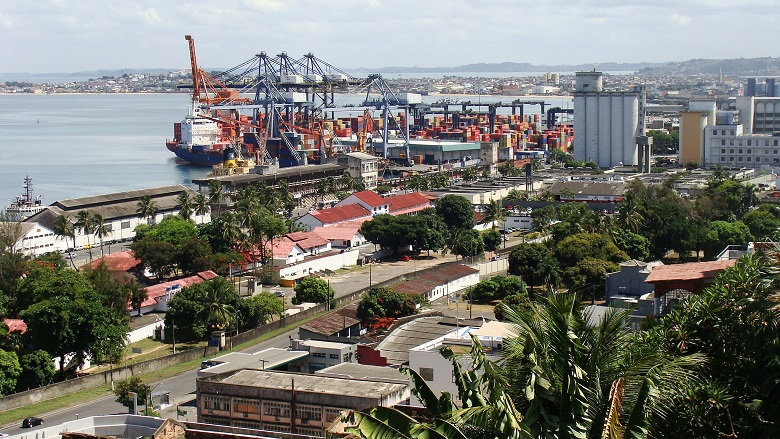The Trade Facilitation Program in Middle Income Countries (TFMICs) is jointly implemented by the World Bank Group (WBG) and the World Customs Organization (WCO) with support from the UK Foreign, Commonwealth, and Development Office (FCDO) Prosperity Fund.
The program supports Middle Income Countries (MICs) reduce the time and cost to trade by helping them meet the requirements of the World Trade Organization’s Trade Facilitation Agreement.
Context
Middle Income Countries are a diverse group by size, population and income level, and are home to 75% of the world’s population and 62% of the world’s poor. Middle Income Countries also represent about one-third of global GDP and are major engines of global growth. Many Middle Income Countries are home to global trade hubs that play a vital role in expanding trade to other emerging markets, including lower income countries. Despite such advantages, many Middle Income Countries face trade challenges that result in costly, unreliable, and unpredictable trade practices.
What we do
TFMICs supports countries to cut red tape at the border, by simplifying required paperwork, modernizing procedures, and harmonizing customs requirements, in order to slash the costs and time needed to export and import goods. By working with governments and businesses to reduce the time and cost burdens and align with international trade standards, the program supports activities that help boost economic growth and shared prosperity.
In addition to tailored country-specific technical assistance, TFMICs also funds analytical work, such as learning and measurement products and indicators. The cross-cutting theme of gender and inclusion is included across program activities.
Trade and COVID-19
The COVID-19 crisis has further highlighted the importance of efficient and coordinated border management: ensuring that essential and humanitarian goods can enter and leave countries at times when many borders have closed, supporting safe working environments at the border, and keeping cross-border trade flows and supply chains flowing to the extent possible to minimize the negative economic impact. TFMICs is working with countries to mitigate pandemic-related trade risks.


